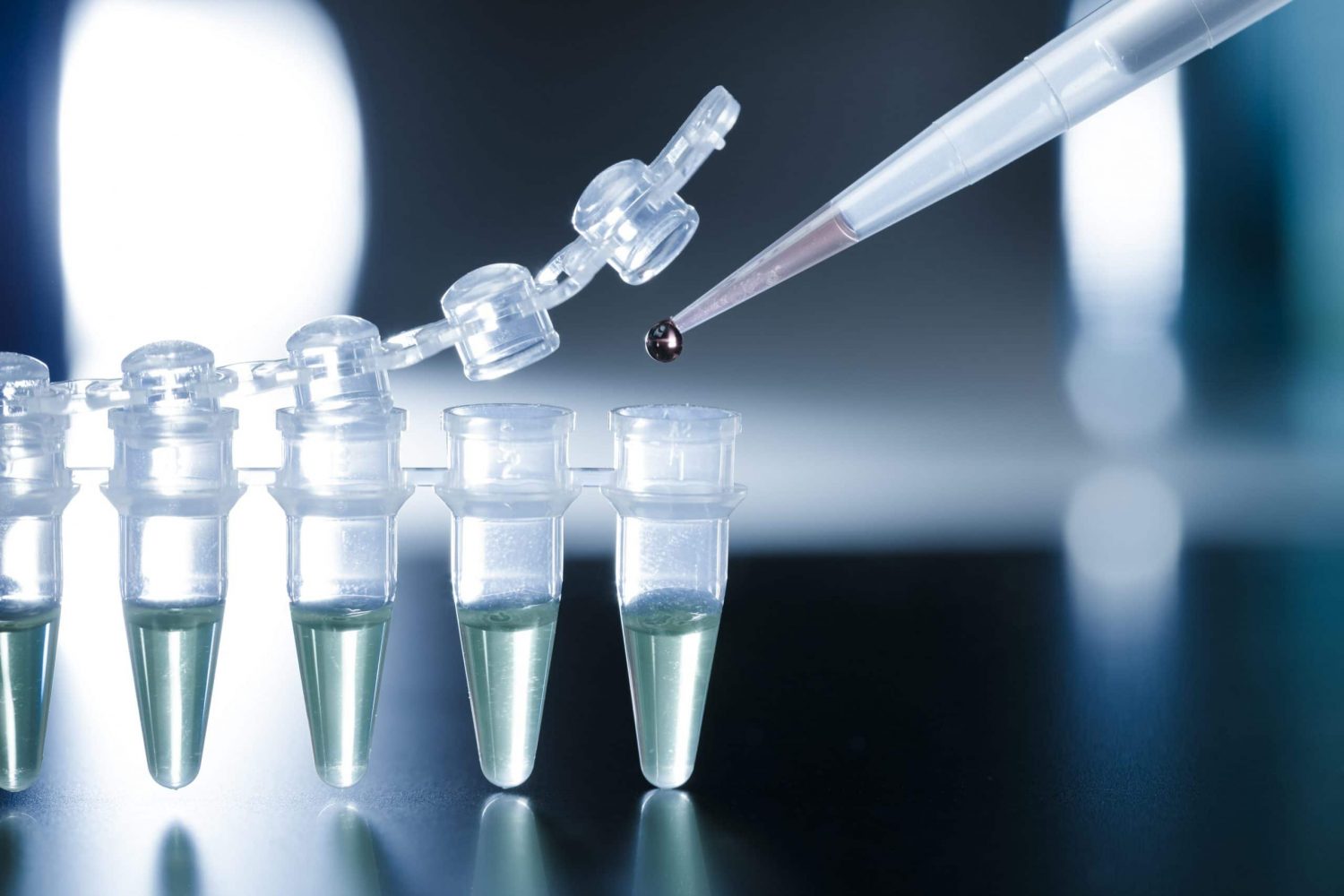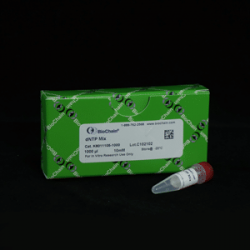
Introduction to PCR
Polymerase Chain Reaction (PCR) is a technique that uses DNA polymerase to amplify a single strand or segment of DNA. With the final product ranging from thousands to millions of DNA copies, PCR is an extremely important part of medical and clinical research. The developers, Kary Mullis and Michael Smith, won a Nobel Prize in chemistry for their contribution.
DNA Synthesis Uses
DNA synthesis through PCR has been used for several downstream applications:
DNA Isolation: This technique allows for specific segments of DNA to be separated and studied, such as in cases of DNA sequencing or genetic fingerprinting.
Amplification: Perhaps the most common use, PCR can be used on the tiniest amounts of DNA collected to increase the amount and size of the samples. This is invaluable in forensics or historical DNA analysis.
Medical Uses: The technique is used in hospitals for prenatal testing, genetic mapping, cancer screening, tissue typing, and precision therapy in disease treatment.
Bacterial/Viral Disease: By testing for specific DNA, certain infectious diseases can be found exclusively through PCR. Tissues can also be analyzed for gene expression, testing specific diseases.
Methodology and Process
While there are differing methods used depending on the specific purpose of DNA, there is a generalized template to PCR. Due to the sensitivity of DNA contamination, the technique follows careful protocol to remain pure.
Initialization: When using hot-start PCR, which is useful in amplifying specific kinds of DNA, the reaction chamber is first heated to about 200o F for several minutes.
Denaturation: In regular techniques, this consists of raising the temperature for several seconds to about 200o F to denature the strands of DNA by breaking hydrogen bonds. This results in two separate DNA strands, which are ready to attach to new primers.
Annealing: The temperature is decreased but still kept above melting in order to facilitate very specific binding. This allows primers to attach to complementary single strands of DNA. The double helix is ready to form once more.
Extension: At this stage, DNA polymerase synthesizes an entirely new strand by extending the already available primers formed during the annealing step. By using dNTP phosphate groups, the strand is elongated. The number of DNA sequences should double. As dNTP and DNA polymerase are used up, a level off stage occurs until it reaches a plateau in which all reagents and enzymes are exhausted. Precise quantification of PCR products may be unreliable due to different plateau stages. The end creation of each product is considered one cycle. New DNA is created exponentially in multiple extension cycles.
Final Elongation: While this step is not necessary, it is useful to ensure any remaining strands are elongated.
Final Hold: The temperature is cooled to around 40o F to allow newly synthesized DNA strands to fully set and be prepared for storage.
The Role of dNTP
There are four types of dNTP, or deoxynucleotide triphosphate, with each using a different DNA base: adenine (dATP), cytosine (dCTP), guanine (dGTP), and thymine (dTTP). Using dNTP during the extension phase provides single bases ready to go into DNA and double it, like building blocks.
Since the purpose of the technique is to synthesize new DNA, dNTP provides nucleotides to the “unzipped” strand using the template of a single side. This turns a single strand of DNA into two, and can continue exponentially as long as reagents remain present until the final hold stage.

BioChain’s dNTP Mix Products
The dNTP products and mixes provided by BioChain are specially manufactured and tested for molecular biology applications. They can be used in PCR, RT-PCR, DNA labeling, and DNA sequencing processes. The dNTPs are purified with preparative HPLC and possess at least 99.5% purity.
Rigorous control standards and state-of-the-art technology ensures the best quality of product. The concentration is verified by optical density spectrophotometry. Preparation is careful to avoid DNase and RNase contamination. This is determined by incubation of the quality with radioactive substrates.

Each lot of dNTP is also tested for performance with Taq/Pfu/T7 DNA polymerase and Sequenase. Further, dNTP has been performance tested in BioChain’s on-site lab by long PCR to amplify 15 kb (E. coli DNA template) and 30 kb (Lambda DNA template).
Individually separated base nucleotide mixes are available, along with Hotstart Taq DNA polymerase reagents for all PCR needs.
BioChain offers the most competitive price on the market. Discount for large quantity/bulk purchase is available.
Author
BioChain Institute Inc.

